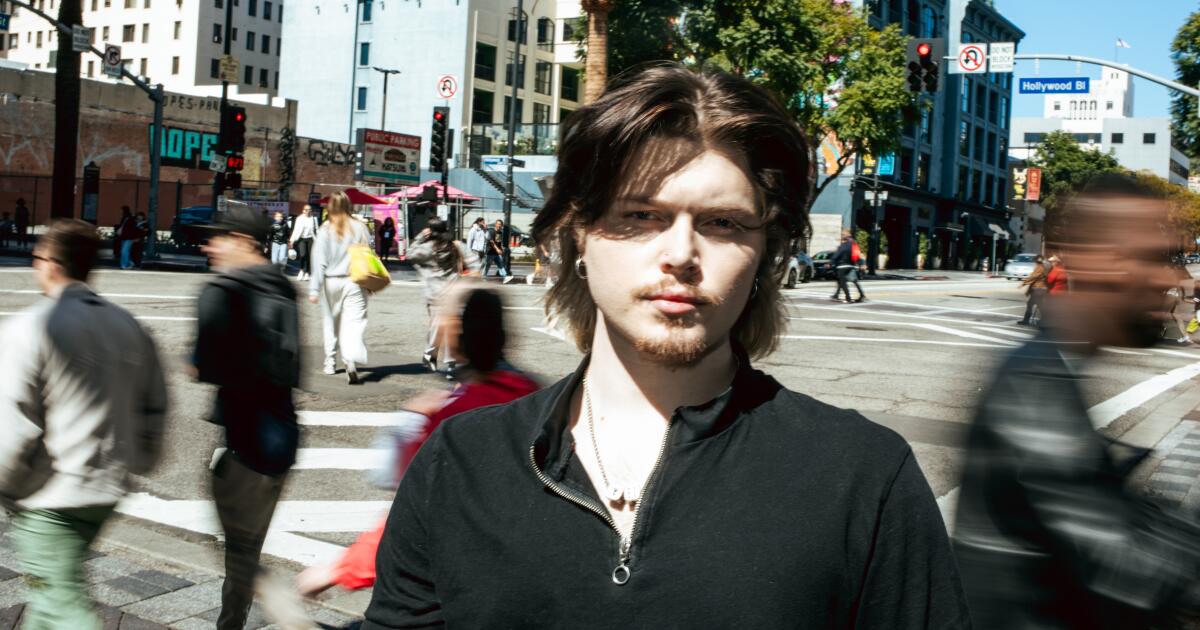AI voice clones pose an 'existential crisis' for actors: 'It's a violation of our humanity'
The voice actors expressed frustration and concern over the impact of voice replication technology on their careers. They feel that their unique talents and skills are being devalued and exploited. Some actors worry about the long-term implications for the industry as a whole. Overall, the consensus is that there needs to be more awareness and protection for voice actors in the face of advancing technology.

Nick Meyer said $100,000 would have changed his life. The 26-year-old actor said it would have “taken a lot of weight” off his shoulders and provided relief for his family. Although he’s been acting professionally for a decade, Meyer said he makes less than $10,000 a year from acting and supplements his income with food service and retail jobs.
So why would he turn down a voice-acting gig offering roughly 10 times his annual acting salary for only 20 hours of work? Because the job entailed recording his voice to train artificial intelligence-powered voice replication models. “I am not going to sacrifice my morality for a paycheck, no matter how big,” Meyer said.
Voice Actors and AI Industry Disruptions
The L.A.-based performer is one of many voice actors reckoning with AI’s industry disruptions. Voice cloning has become much easier, requiring just seconds of audio. This poses a host of challenges for actors who have found their voices replicated online without their consent, knowledge, or compensation, reducing paid job opportunities and stripping them of their agency.
When Meyer made it clear to his representatives in February that he was not going to take the gig, he said he was met with ire. He ended up parting ways with his agents after they told him they would not be a good fit going forward if he turned down the job. Meyer declined to name the agency, but The Times reviewed email exchanges between the actor and his former agents that verify the events.
Challenges Faced by Voice Actors
About a year ago, Meyer said his voice was replicated without his permission by users of the popular AI chat platform Character.AI. Users cloned recordings of his voice and created online personas to accompany the voices. There are at least a dozen “Nick Meyer” characters featuring his name and image on the app, and they have collectively engaged in more than 100,000 chats — defined by the number of “human messages” sent to those characters.
So Meyer knows what it’s like to not have control over what his voice is saying. “If this gets any better, if this continues to get trained, if this has more footage or more recording of my voice, how much closer can it get to sounding like me?” Meyer said.
Efforts to Address Voice Cloning Issues
A Character.AI spokesperson said in a statement to The Times that the company takes “swift action to remove reported Characters that violate copyright law and our policies.” Meyer said he has reported the characters as unapproved uses of his name, likeness, and voice. During the course of reporting this story, Meyer’s cloned voice was replaced with generic voices, but the characters that bear his name and image haven’t been taken down.
“Users create hundreds of thousands of new Characters on the platform every day,” the statement continued. “Our dedicated Trust and Safety team moderates these Characters proactively and in response to user reports, including using industry-standard blocklists and custom blocklists that we regularly expand.”
Voice Actors' Concerns and Industry Response
Nearly a dozen actors interviewed by The Times said they are fearful of what their voices could be used for if they’re cloned without their knowledge. Whether that content is a violation of exclusivity clauses they signed with existing clients or something they morally disagree with, voice cloning could hurt more than just their wallets.
About 80% of working voice actors aren’t represented by a union, so the onus often falls on the individual to protect themselves. Up until a few years ago, worries about voice cloning were virtually nonexistent. Now, they concern thousands in the industry.

